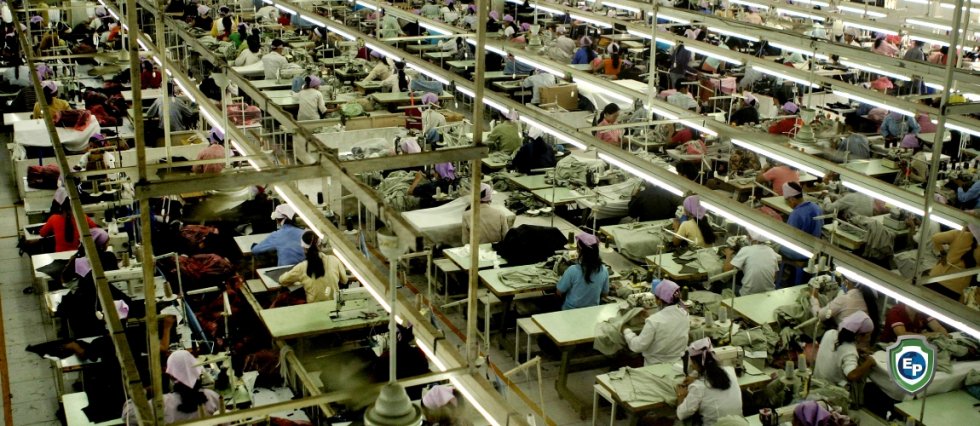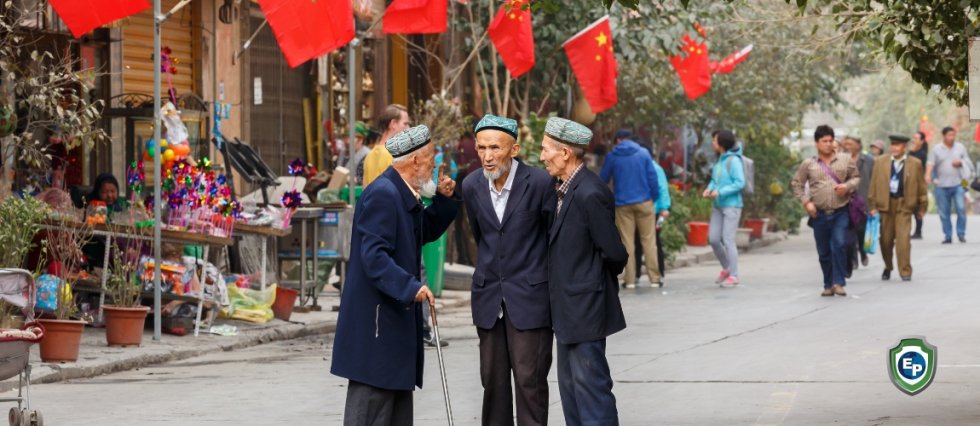China Sanctioned Due to Forced Labour in Xinjiang
China has been accused of exploiting Uyghur workers and forcing over 80,000 Uyghurs to leave Xinjiang and work in factories instead. So how are other countries responding to this situation?

In March 2020, the Australian Strategic Policy Institute (ASPI) published a report called Uyghurs for sale: ‘re-education’, forced labour and surveillance beyond Xinjiang. In the report, it accused 83 foreign and Chinese companies that it believed directly or indirectly benefited from the use of potentially coerced Uyghur workers outside Xinjiang. The ASPI estimated that more than 80,000 Uyghurs were transferred out of Xinjiang and assigned to factories. These factories supplied the electronic, textile, and automotive industries under a central government policy known as “Xinjiang Aid”. The ASPI identified 27 factories in nine provinces as using forced Uyghur labor. Well-known companies that were named in the report included BMW, Adidas, Amazon, Gap, Apple, Nike, and Samsung.
The report confirmed what a lot of journalists and activists had been uncovering. But China has denied all accusations and insisted that the Uyghur population was under an assimilation program to integrate better into the Chinese society and economy. After Muslim Uyghurs orchestrated a terrorist attack in 2014, the Chinese government had instituted programs of re-educating, skills training, and deradicalization in response. However, despite China’s claims, all of these programs have been interpreted as abusing human rights by activists and journalists.

Thus, a bipartisan bill was passed in the US House of Representatives with overwhelming support. The bill sought to keep goods made in China using forced labor of detained ethnic minorities out of the US market. This has further worsened relations between the US and China, which was already deteriorating due to the Trump administration launching a trade war with China, blaming them for the global pandemic, and actively curtailing its technological aspirations.
Canada has also voiced its opinion on this matter, with its parliamentary committee describing the treatment of Uyghurs by China as mass detention, forced labor, pervasive state surveillance, and population control. The committee called on the government to condemn China and to impose sanctions. The list of nations condemning China's actions in Xinjiang has increased to 59, including the United Kingdom, Germany, Japan, Australia, and New Zealand. British lawmakers have gone even further and have begun debating sanctions in the House of Commons.
Stay Connected with Export Portal
In the world of trade, it is important to stay updated on all current events. For more useful blogs like this one, make sure to check out the rest of Export Portal’s blog page and learn everything trade-related!






Comments 0